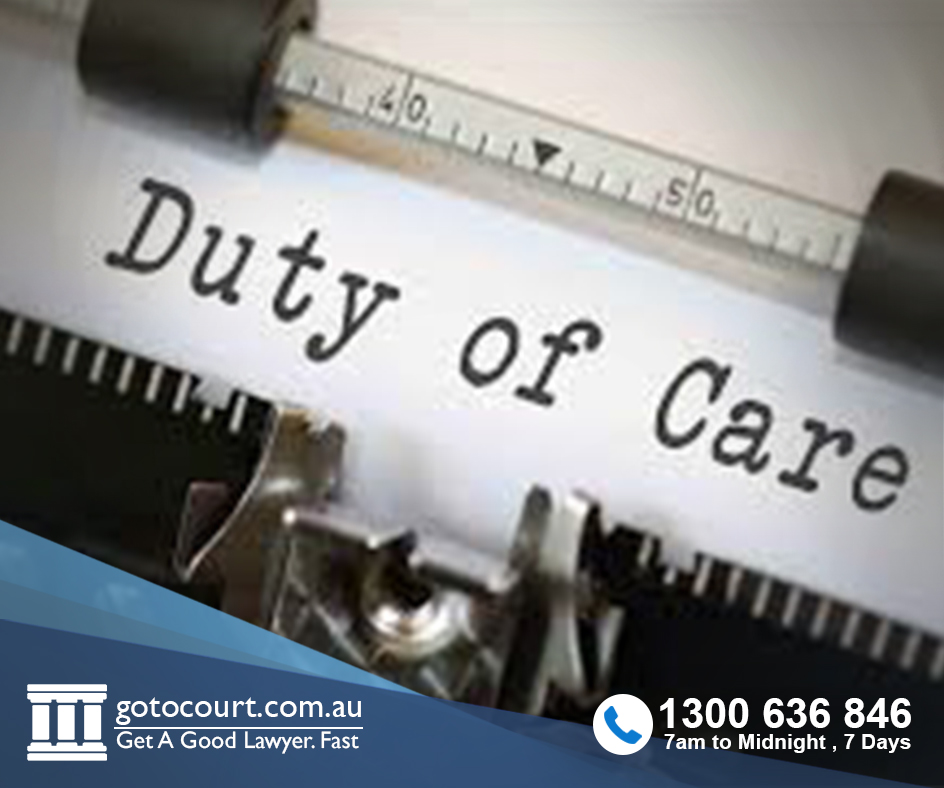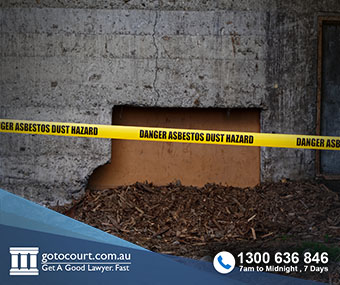Call our lawyers
now
or,
have our lawyers
call you
Debt Recovery (NT)
Updated on Nov 01, 2023 • 5 min read • 210 views • Copy Link
Debt Recovery (NT)
In the NT, there are various procedures that can be used to recover a debt owed by one party to another party. The process that should be used depends on the amount of money that is owed. This page deals with debt recovery in the NT.
Letter of demand
If a person is owed a debt by another party, the first step they should take to recover the money owed is to send a letter of demand to the debtor. A letter of demand is a formal demand for payment of the debt by a specified date. It should include all the details as to what is owed, what it is owed for, and a deadline for payment. It must stipulate that if the debt is not paid, the creditor will commence legal proceedings.
If the debt that is owed is small, it may not be worth starting legal proceedings, and so it is recommended that you attempt to negotiate with the debtor. If the debtor is having trouble coming up with the money to pay the debt, but acknowledges that they owe the money, you may be able to negotiate for payment to be made in instalments. If there is a problem with the goods or service you provided, the situation may be able to be resolved by negotiating with them directly.
Small Claims for less than $25,000
In the NT, small claims for less than $25,000 are dealt with by the Small Claims Division of the Local Court. An individual or a company can initiate a claim to recover a small debt in this jurisdiction. A person may represent themselves in a Small Claim, or they may be represented by a lawyer.
Small claims are commenced by filing a statement of claim, which must then be served on the defendant.
The defendant can then file and serve any of the following:
- a ‘Notice of Defence’ to defend the claim
- a ‘Notice of Admission’ to admit all or part of the claim, or
- an ‘Offer to Pay’ the debt.
If you are served with an ‘Offer to Pay’, you can accept it by filing a ‘Notice Accepting Offer to Pay’ form with the court. If the defendant files a defence, the matter will proceed to a pre-hearing conference, and if it does not resolve, to a final hearing.
Small Claims in the NT are governed by the Small Claims Act 2016.
Attending the pre-hearing conference
Before the NT Local Court hears a case, the plaintiff and the defendant must attend a pre-hearing conference. The pre-hearing conference is organised by a magistrate or a registrar of the Local Court. The purpose of the pre-hearing conference is to let the parties discuss and settle the dispute. You can attend by teleconference with the leave of the Local Court.
If a settlement is reached, the magistrate or registrar can enter an order giving an effect to the settlement. If a settlement is not reached, then a date is set at the pre-hearing conference for the hearing.
Attending the hearing
The procedure for debt recovery in the Small Claims Division is designed to be less formal than in the higher Courts. The Local Court is not bound by the rules of evidence, and an investigator may be appointed to investigate any issues of fact.
Hearings are generally open to the public unless the Local Court orders otherwise.
If you commenced the claim, you should bring evidence such as receipts and any contract you had with the defendant to support your claim. You can also have witnesses present evidence at the hearing or, if they cannot attend on the day, you can lodge written witness statements.
The following orders may then be made by the Local Court:
- an order requiring the defendant to pay the outstanding debt, either in full or in instalments
- an order approving a defendant’s counterclaim
- an order dismissing the claim, or
- a costs order.
Costs orders will only be made if the claim is for an amount greater than $5,000 and it is fair and reasonable to make a costs order having regard to the complexity of the facts of the case or the law.
Debt recovery for over $25,000
Debt recovery matters in the NT that involve more than $25,000 but less than $100,000 can be dealt with in the Local Court under its general civil jurisdiction and rules. Forms for commencing proceedings in the Local Court are available on the website for the Local Court.
Debt recovery claims for more than $100,000 must be dealt with in the Supreme Court.
Appeals
If a debt recovery hearing is heard by a registrar of the Local Court, a party can appeal to a magistrate of the Local Court. A request for such an appeal must generally be made within 14 days of the registrar making orders.
If the hearing was heard by a magistrate, then the plaintiff or defendant can appeal to the Supreme Court. However, an appeal will only be heard if a party argued that the magistrate made an error of law or the conduct of the proceedings was unfair.
If you require legal advice or representation in any legal matter, please contact Go To Court Lawyers.

Affordable Lawyers
Our Go To Court Lawyers will assist you in all areas of law. We specialise in providing legal advice urgently – at the time when you need it most. If you need a lawyer right now, today, we can help you – no matter where you are in Australia.How It Works







1. You speak directly to a lawyer
When you call the Go To Court Legal Hotline, you will be connected directly to a lawyer, every time.


2. Get your legal situation assessed
We determine the best way forward in your legal matter, free of charge. If you want to go ahead and book a face-to-face appointment, we will connect you with a specialist in your local area.


3. We arrange everything as needed
If you want to go ahead and book a fact-to-face appointment, we will connect you with a specialist in your local area no matter where you are and even at very short notice.



















